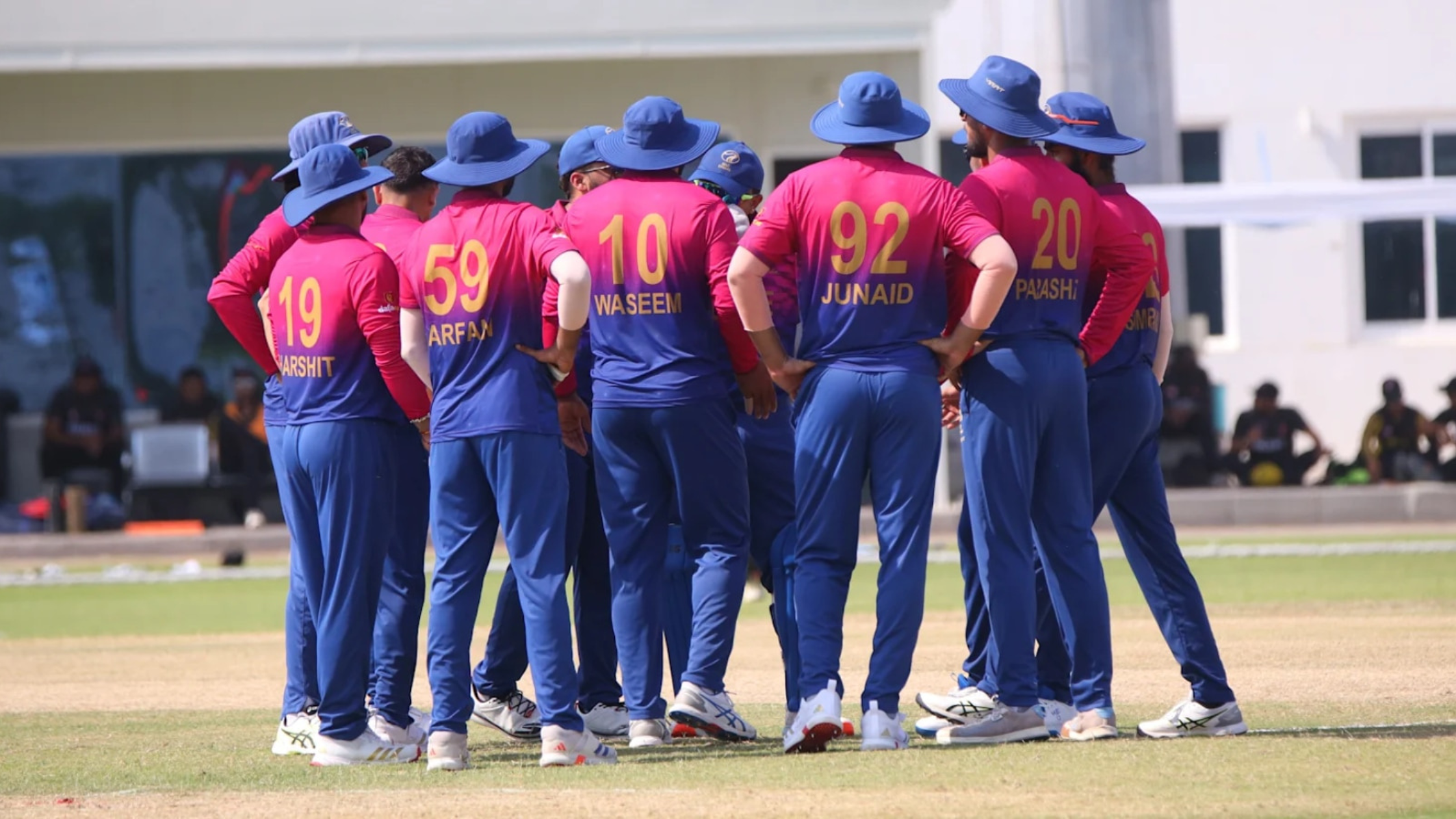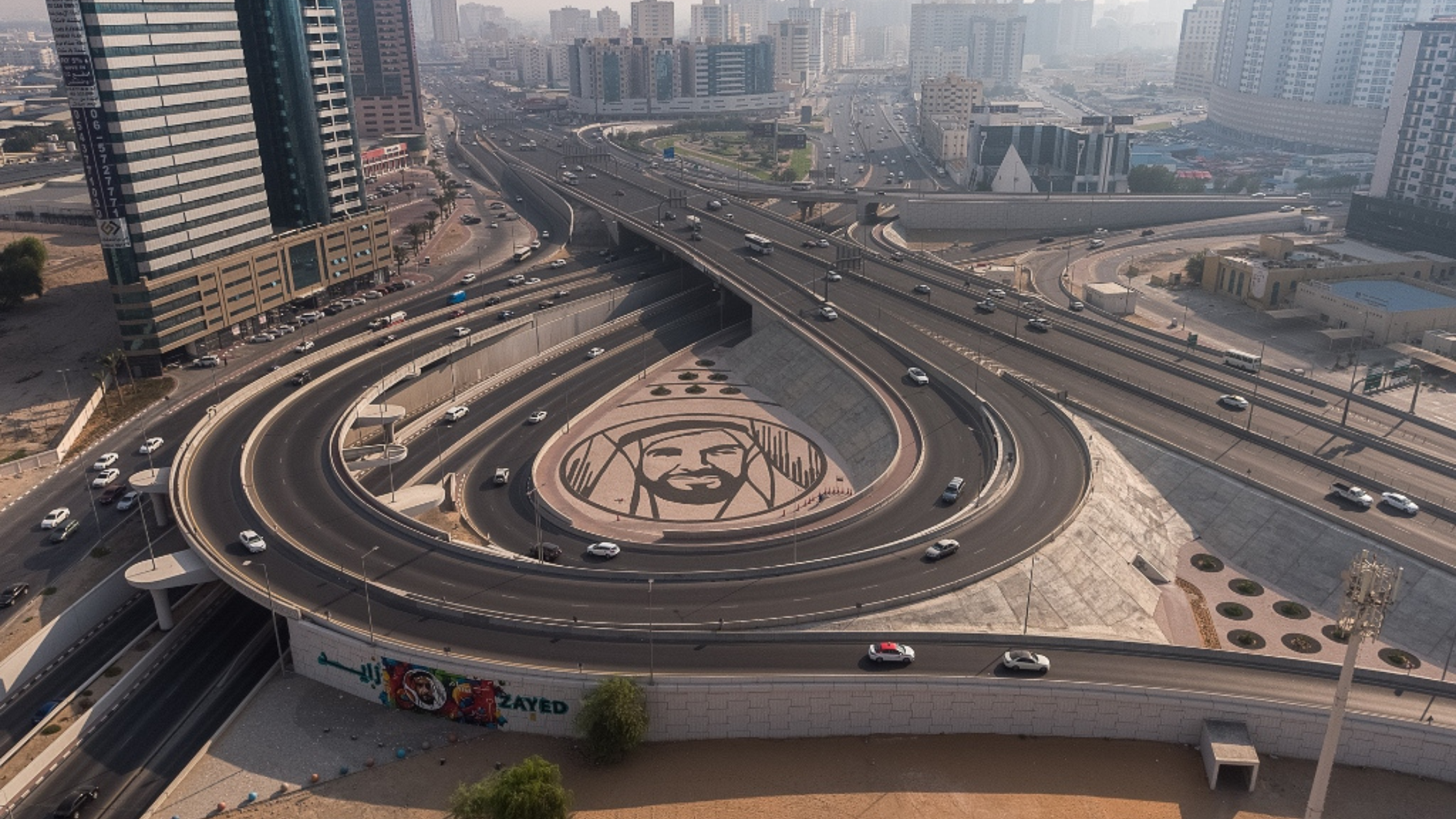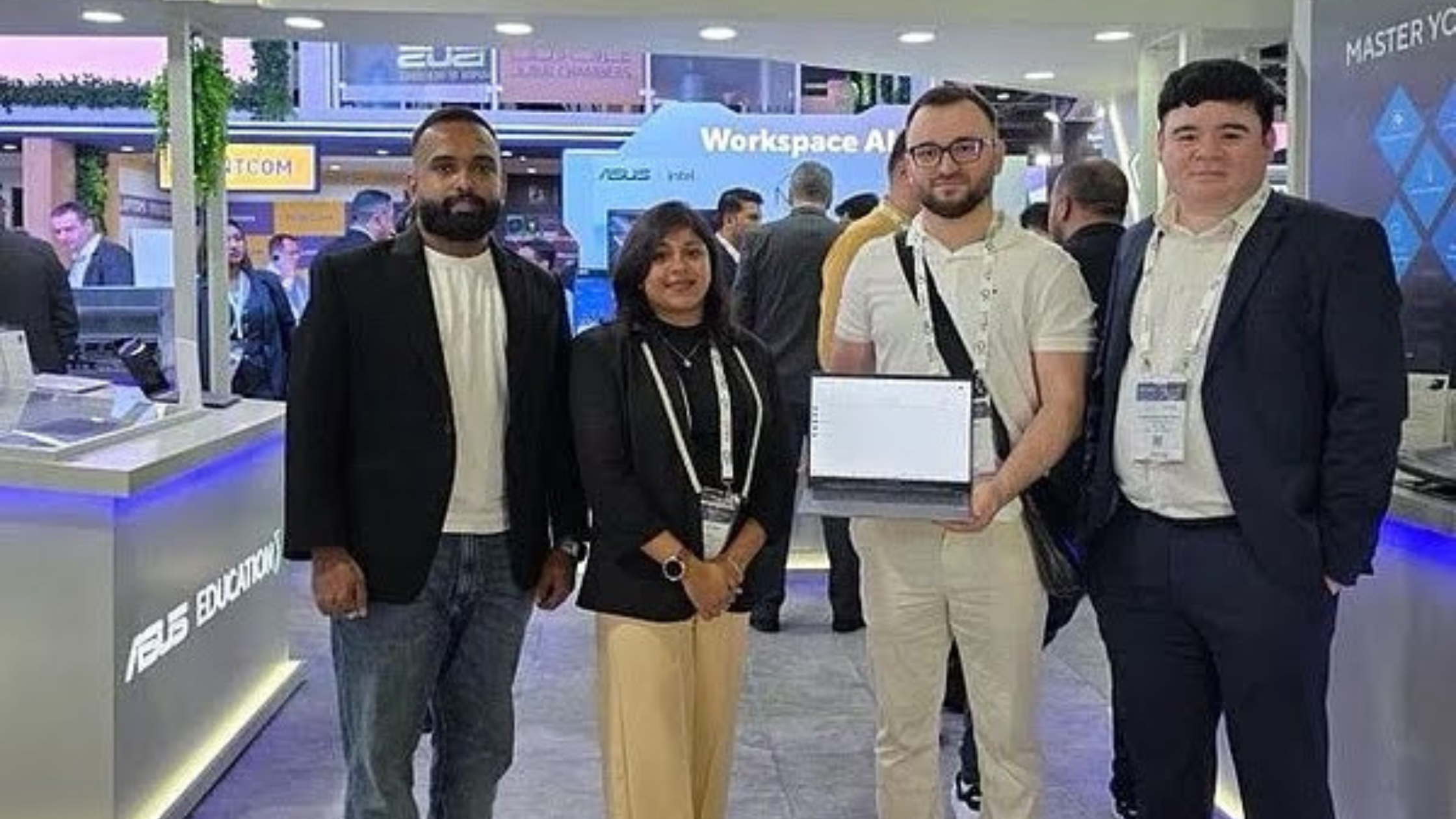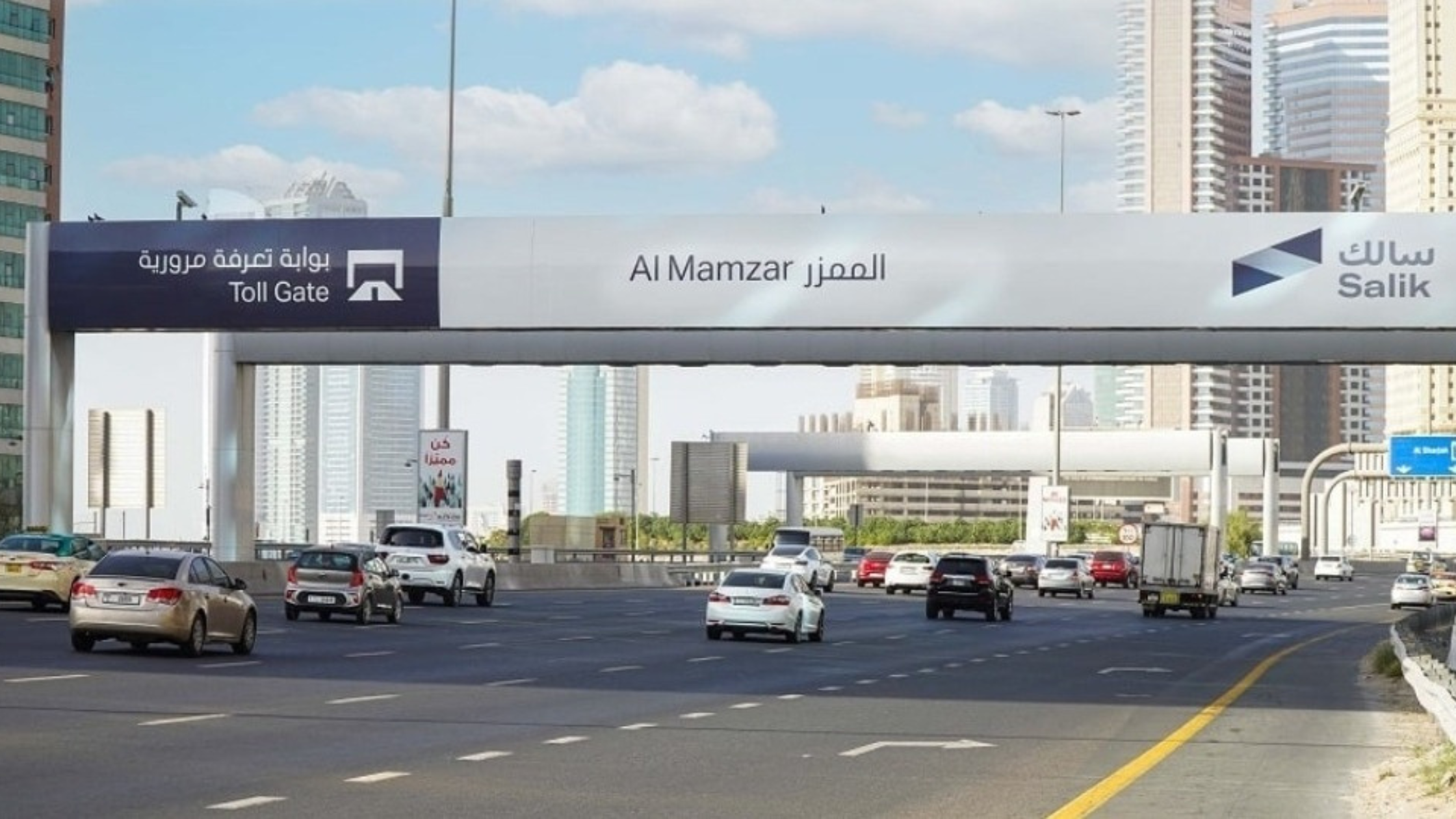Dubai’s 2025 Self-Driving Revolution: Testing Smart Transport Tech
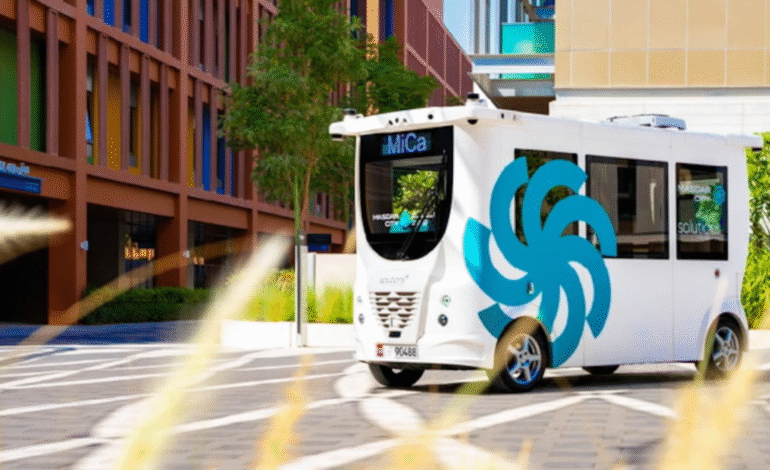
In a bold step toward redefining urban mobility, Dubai’s Roads and Transport Authority (RTA) recently concluded a series of rigorous field tests in China to evaluate cutting-edge self-driving technologies for the Dubai World Challenge for Self-Driving Transport 2025. Valued at a $3 million prize pool, this initiative is a cornerstone of Dubai’s ambitious goal to transform 25% of all trips in the emirate into smart and autonomous journeys by 2030. Conducted across Guangzhou, Xi’an, Guiyang, and Suzhou, these tests assessed the performance, safety, and technological maturity of various autonomous vehicles.
A Strategic Mission to Advance Autonomous Technology
The RTA’s high-level technical delegation, led by Ahmed Hashem Bahrozyan, CEO of RTA’s Public Transport Agency and Chairman of the Challenge’s Organising Committee, embarked on a mission to evaluate the readiness of autonomous vehicles for real-world applications. The tests, conducted in collaboration with global experts from FEV Consulting, Arthur D. Little, and the Challenge’s advisory jury, focused on three critical categories: standstill tests, mixed traffic tests, and dedicated scenario tests. These evaluations are part of the selection process for the 4th edition of the Dubai World Challenge, an event that underscores Dubai’s commitment to smart mobility and sustainable urban development.
Comprehensive Testing Across Diverse Environments
The field tests in China were designed to push the boundaries of self-driving technology, ensuring that participating vehicles meet international safety standards and RTA’s stringent criteria. The evaluations covered a range of vehicles, including robotaxis, robobuses, autonomous boats, and logistics vehicles, tested under both real-world and simulated conditions. Here’s a breakdown of the testing categories:
Standstill Tests
These tests assessed the stationary performance of autonomous vehicles, focusing on critical systems such as:
- Blind spot detection: Ensuring vehicles can identify obstacles in challenging scenarios.
- Sensor range: Evaluating the accuracy and reach of detection systems.
- Safety protocols: Verifying compliance with global safety standards.
- Mobile application functionality: Testing user interfaces for seamless passenger experiences.
Mixed Traffic Tests
Conducted on public roads and waterways, these trials evaluated the vehicles’ ability to navigate real-time traffic. Key performance indicators included:
- Adaptability to traffic conditions: Handling dynamic road environments with ease.
- Speed regulation: Maintaining safe and consistent speeds.
- Roundabout navigation: Maneuvering complex junctions smoothly.
- Interaction with pedestrians: Ensuring safe coexistence with other road users.
Dedicated Scenario Tests
Held in controlled environments, these tests simulated specific scenarios to assess advanced functionalities, such as:
- Stop-and-go operations: Managing frequent starts and stops in urban settings.
- Remote handling: Testing the ability to control vehicles remotely in emergencies.
- End-to-end passenger journeys: Ensuring a seamless experience from pickup to drop-off.
Each vehicle underwent precision testing using advanced tools and benchmarks, ensuring alignment with Dubai’s vision for safe and efficient autonomous transport.
Fostering Global Collaboration
Beyond testing, the RTA delegation visited the headquarters, R&D centers, manufacturing facilities, and operational hubs of participating companies in China. These visits aimed to foster long-term partnerships and facilitate technical exchange, positioning Dubai as a hub for global innovation in autonomous transport. According to Bahrozyan, “By engaging directly with global innovators, we are not only evaluating the best technologies but also laying the groundwork for future collaboration.” This approach reflects Dubai’s commitment to staying at the forefront of the autonomous mobility revolution.
The Dubai World Challenge for Self-Driving Transport 2025
Scheduled for 24–25 September 2025, the Dubai World Challenge for Self-Driving Transport will be held alongside the Dubai World Congress for Self-Driving Transport under the patronage of Sheikh Hamdan bin Mohammed bin Rashid Al Maktoum, Crown Prince of Dubai and Chairman of the Executive Council. The event, themed “Redefining Mobility: The Path to Autonomy,” will bring together policymakers, tech developers, researchers, and global thought leaders to discuss the future of smart mobility.
The Challenge offers a $3 million prize pool, incentivizing innovators to push the boundaries of autonomous vehicle technology. It serves as a platform to showcase advancements in robotaxis, robobuses, autonomous boats, and logistics vehicles, all of which are critical to achieving Dubai’s 2030 autonomous transport goal. By hosting this event, Dubai aims to solidify its position as a global hub for autonomous innovation.
Aligning with Dubai’s Vision for 2030
Dubai’s autonomous transport initiatives are a key component of its broader strategy to transform 25% of all trips into smart and autonomous journeys by 2030. This vision aligns with the emirate’s commitment to sustainable urban development and smart city innovation. By integrating self-driving technologies into its transport ecosystem, Dubai aims to:
- Reduce traffic congestion: Autonomous vehicles optimize traffic flow and reduce human error.
- Enhance safety: Advanced sensors and safety protocols minimize accidents.
- Promote sustainability: Electric and autonomous vehicles reduce carbon emissions.
- Improve accessibility: Smart mobility solutions cater to diverse populations, including people with disabilities.
The RTA’s field tests in China are a critical step toward ensuring that these technologies are ready for real-world deployment in Dubai’s unique urban environment.
Challenges and Future Outlook
Implementing autonomous vehicles in a city like Dubai comes with challenges, including:
- Complex urban environment: Navigating Dubai’s busy roads and roundabouts requires advanced AI.
- Public acceptance: Building trust in self-driving technology among residents.
- Regulatory frameworks: Developing policies to ensure safety and compliance.
However, the RTA’s proactive approach, including international testing and global partnerships, positions Dubai to overcome these hurdles. Future advancements may include AI-driven traffic management systems, vehicle-to-infrastructure communication, and expanded autonomous boat networks for Dubai’s waterways.
The Role of the Dubai World Congress
The Dubai World Congress for Self-Driving Transport 2025 will play a pivotal role in shaping the future of autonomous mobility. By bringing together global experts and showcasing the latest innovations, the congress will accelerate the adoption of self-driving technologies in the UAE and beyond. Topics of discussion will likely include:
- Safety standards for autonomous vehicles.
- Integration with smart city infrastructure.
- Sustainability in transport.
This event underscores Dubai’s ambition to lead the global transition to autonomous transport, setting a benchmark for other cities in the region.

